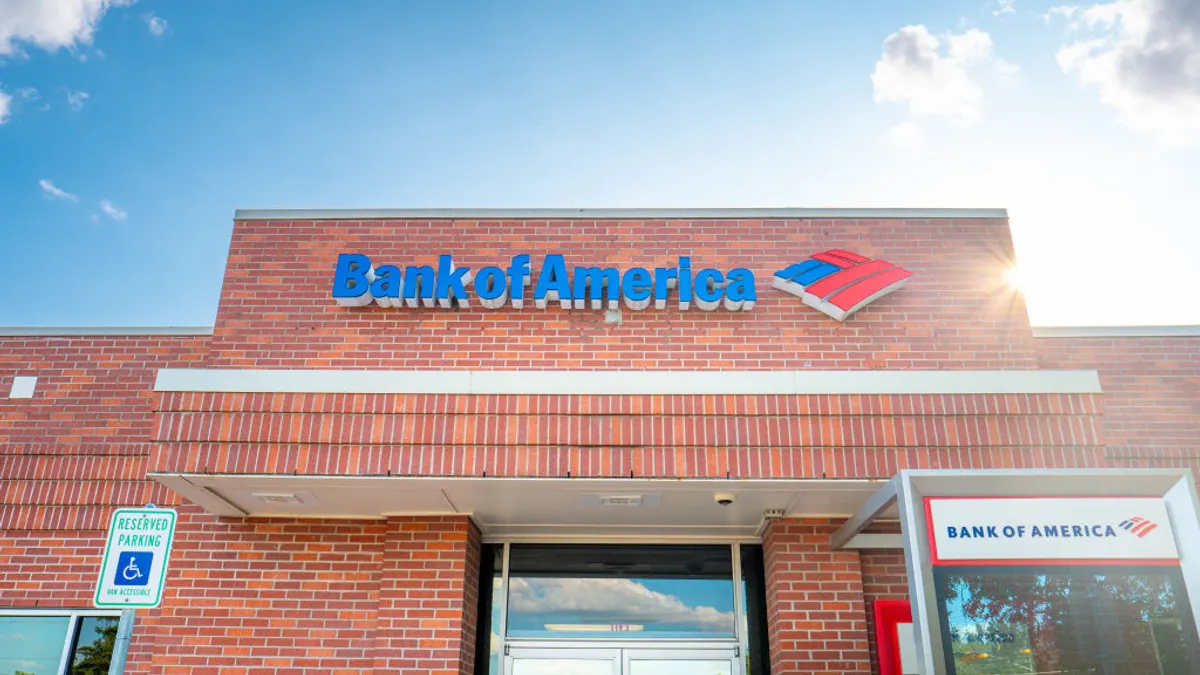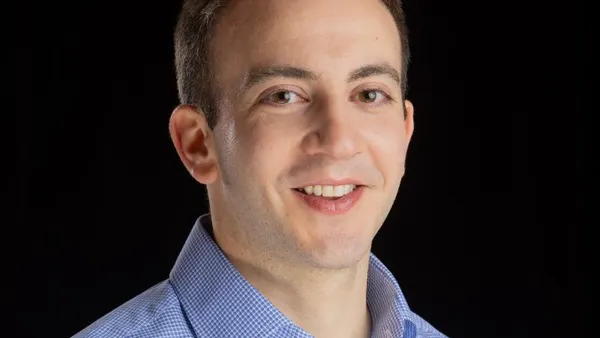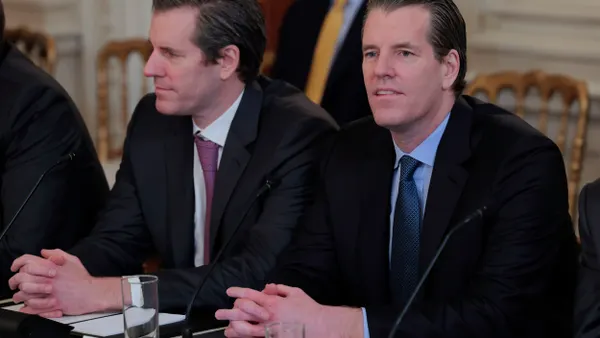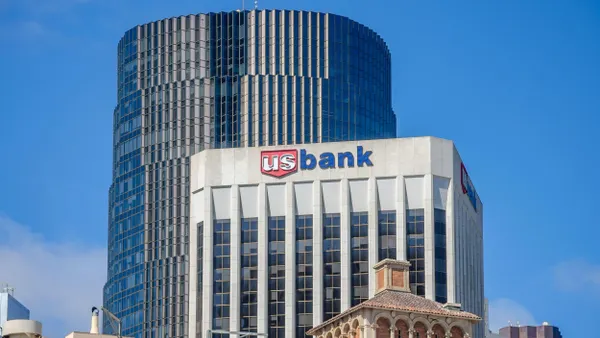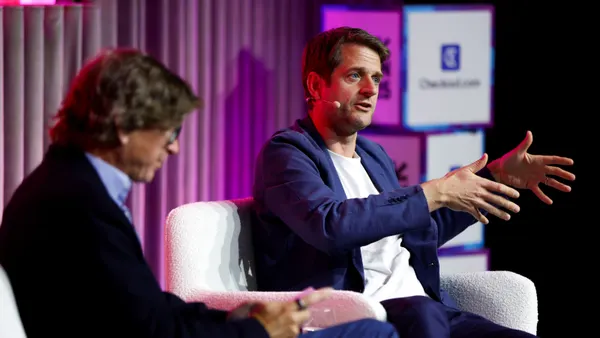For Immad Akhund, CEO of Mercury, a startup-focused neobank, March 9 started with rumors about Silicon Valley Bank not faring well and more customers signing up with Mercury to secure their deposits.
Akhund did not want to feed into the rumors about SVB and felt that they would be fine. But when the Federal Deposit Insurance Corp. took over SVB the following day, his fears turned real, and concerns about what it all meant for the startup ecosystem started sinking in.
Akhund’s inbox was soon flooded with direct messages and emails from distressed customers who could not withdraw their funds from SVB.
“Understandably, everyone was worried about how they're going to make payroll,” Akhund told Banking Dive.
SVB customers started setting up accounts with Mercury so that they could meet payroll, as getting money out of the shuttered bank seemed like an impossible idea. Akhund said he and his team worked over the weekend to onboard customers to Mercury and extend support hours to answer customer queries.
SVB was trusted
There was one question on everyone’s mind — if SVB was not safe, was Mercury safe?
“SVB is a 40-year-old institution and trusted by everyone in the ecosystem,” said Akhund. “So, we really felt that the best way to approach it was with what we launched — the Mercury Vault. Instead of just saying, ‘We're safe and profitable,’ we wanted to have a product that spoke to people's concerns.”
Mercury Vault was created over the weekend of the SVB collapse. During its launch on March 13, Vault offered up to $3 million in FDIC insurance but has since expanded to $5 million. Customers have their money set up with Treasury accounts, which gives them access to the U.S. government short-term T bills by Vanguard.
The net inflows in the week following SVB’s collapse were around $2 billion, Akhund said.
But the questions did not stop pouring in.
VCs reach out
More venture capitalists wanted to know if they could use Mercury’s platform for their business, though the San Francisco-based fintech already had around 2,500 such investors in their database.
Prior to the collapse of SVB, Akhund did not think he needed to focus on the VC space.
“[I]t wasn't something we were heavily focused on. Investors tend to be more conservative, in terms of their choices in banking, than startups are,” Akhund said. “But we're seeing this demand.”
SVB was the main bank for VCs, said Akhund. “We had a ton reach out and a ton sign up,” he added.
While Mercury already had features that could cater to VC needs, the offerings needed more clarity, Akhund pointed out.
He noticed that VCs preferred to go through the Cayman Islands when engaged in Latin American investments and the United Arab Emirates when making Asian investments, which prompted Akhund to work with the legal teams, both internal and external, and develop the latest offering.
"There's a reasonable number of VCs that invest outside the U.S., and it can be problematic if you have [limited partners] outside the U.S. Or [if] you invest outside the U.S. to use a U.S. entity, you can get double taxed," Akhund said.
Mercury launched an expanded feature for VCs on Tuesday. This includes extending the VC footprint to the British Virgin Islands, the Cayman Islands and the United Arab Emirates.
Mercury also offers personalized relationship management support for every VC account. Many of the relationship managers are founders themselves, Akhund said.
“I would say this product probably targets a little more of the emerging VC category,” Akhund said. “If you're already scaled up, with a billion-dollar fund, you probably have more debt-specific needs that we don't cover. But if you're an emerging fund, and you have less than $100 million, I think it's probably a pretty good choice for you.”
Akhund worked with Mercury’s bank partners, Choice Financial Group and Evolve Bank & Trust, to come up with the new product.
“I think it's really important to have a direct relationship with your bank partners,” he said.
SVB’s collapse has led people to rethink their banking ways, Akhund noted.
“[R]ight now, most people's feeling is they don't want all their eggs in one basket, which is understandable. From our perspective, we really want to be the main operational bank account for people,” he added.





